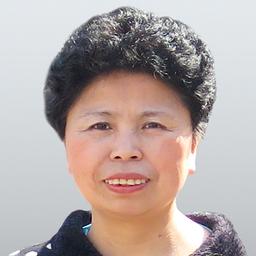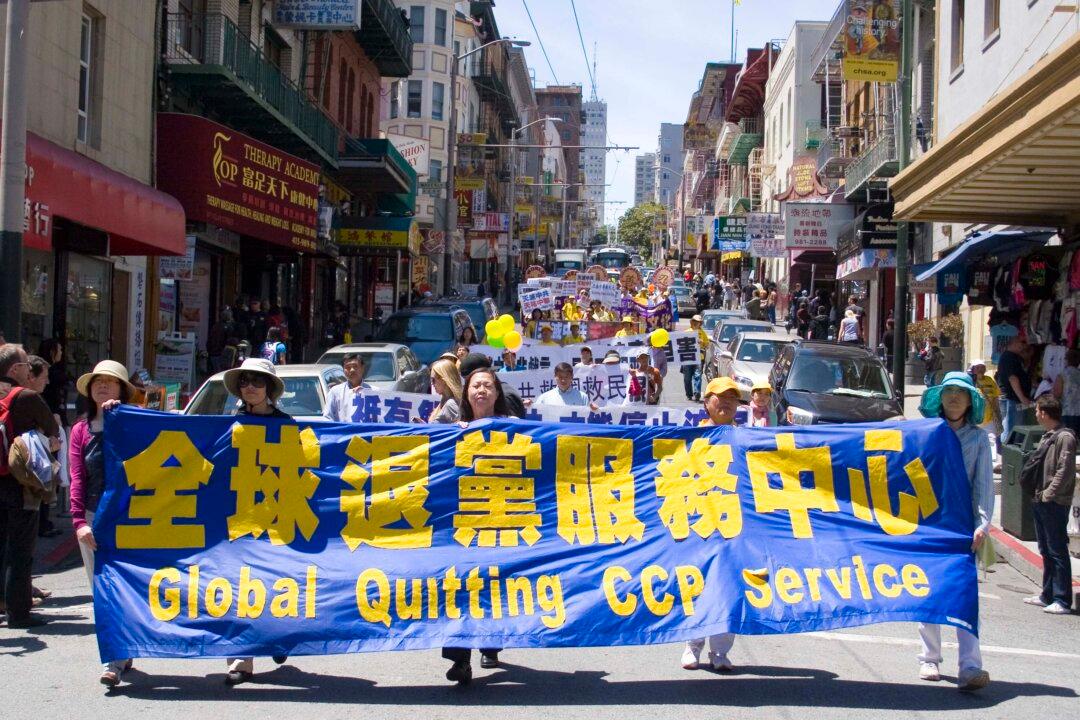On April 25, “Nomadland” won the Oscar for best picture. The film’s director, Chloe Zhao, won the best director award, becoming the first Asian woman to win this award.
Zhao’s previous works include “Songs My Brothers Taught Me” (2015) and “The Rider” (2017), both of which were selected for the Cannes Film Festival in France. She is regarded as the most high-profile emerging female director in recent years and was picked up by Marvel to direct its new film “Eternals.”




